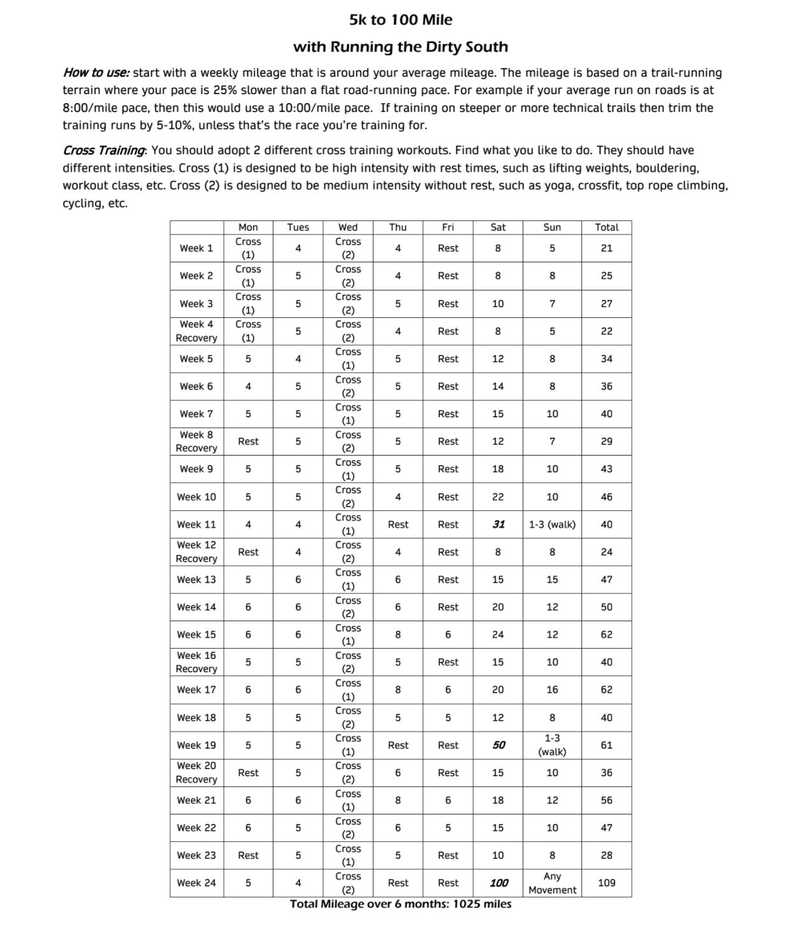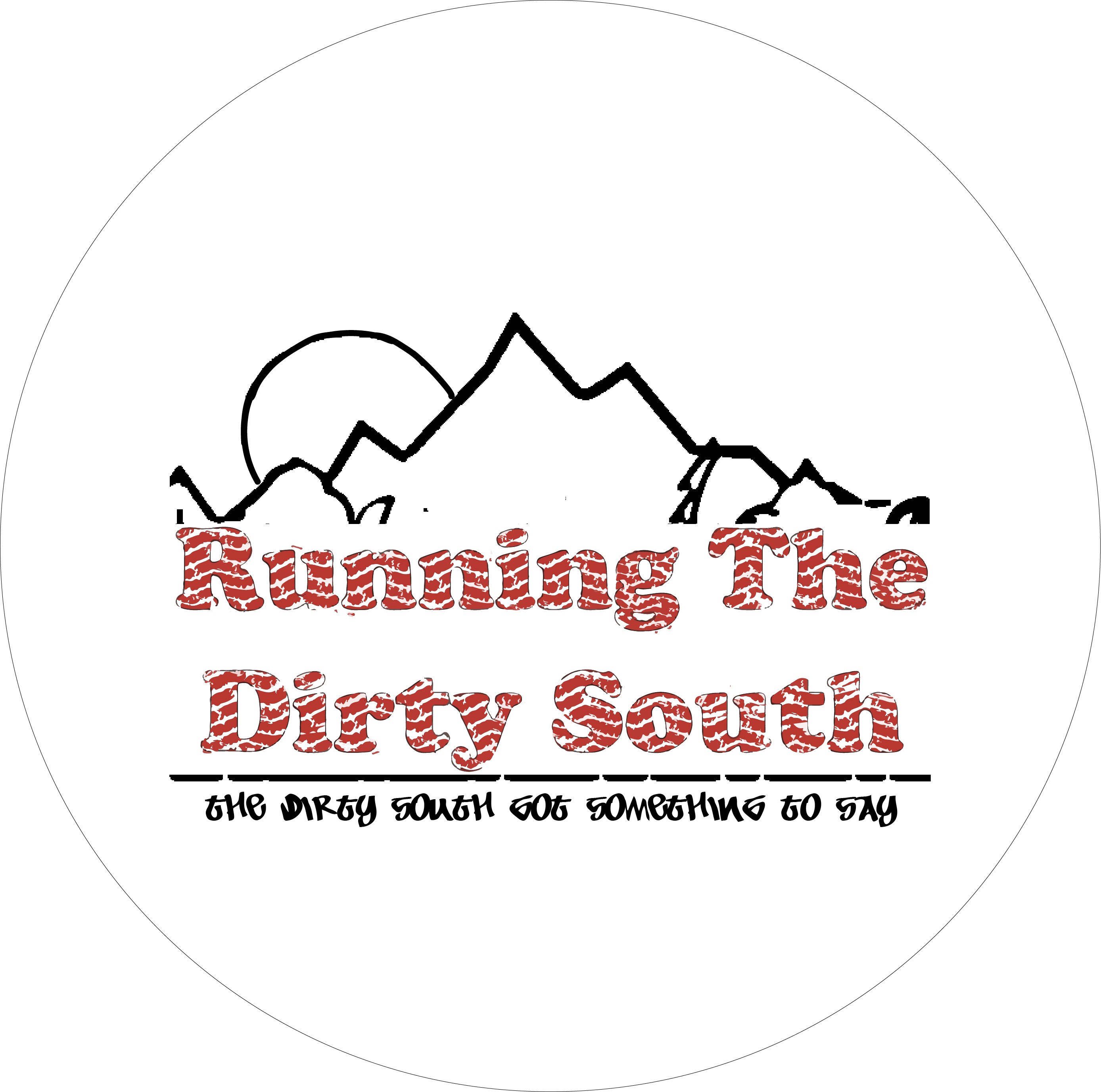Training for an Ultra

What?! I wrote a training plan, I'm not even a coach. So now would be the time to throw out a note of how I'm not responsible for you following this. If you follow what I lay out here for training and you have adverse affects, my deepest apologies, but at the end of the day you did that to yourself. But yes, this article is all about training and how I make it possible to not DNF every race or 'fun run' that I attempt. A big question I get when people find out the distances I run is how do you train for that? Well let's dive into it.
Training for an Ultra
I remember when I trained for my first 100 miler and that's when I felt like I was actually training for an ultra. The training blocks before that were like training for a marathon with some trail runs thrown in. My only thought was to run as many miles as possible without hurting myself. That was my training plan - which makes it hard to predict how you're going to feel and also hard to live with others like my wife and two kids. I still do this to an certain process but I break my training down into a few different parts:
-Long Weekend Runs
-Midweek Recovery Runs
-At Most 1 Strength/Speed Run per Week
-Cross Training At Least Once per Week
-One Week of Recovery per Month
At the root of all my training is feeling out my body. This can only come from experience and something you learn as the more you train - you should not push your body until you learn how your body reacts to big pushes. It is more important to stay healthy and consistent as you train - your Strava segments will not get you a finish. My long weekend runs are generally at slower than race pace - I want to feel sore but not injured. I always train on similar terrain for my long runs including type of trail and elevation profile. My midweek recovery runs are what I feel like. Are my ankles sore? Then this will just be around the neighborhood on the roads. Am I feel fresh, well time to go hit the trails! My strength/speed runs are anywhere from 30 to 60 minute trail runs where the intensity is raised by running a trail run closer to a road pace instead of the 25% slower effort. Cross training, this is one of my favorites actually. Cross training sounds terrible, but I think its because it generally has a gym connotation and that's not what I like to do. I usually throw in a night of bouldering (much easier without Covid) or a night of yoga (helps when your wife is a yoga teacher). But that's not it. There are tons of different ways to train - the important part is to build core strength while supporting your leg strength. Finally you need to recover! Once a month I build in easy weeks of training to recover - no time constraints and this is looked at as play time on the trails.

Do you want a better version of this training plan? Not a problem! Click here
Recovery and Nutrition
If training seems really individualistic, now this is where it really gets individualistic. Everyone will react to training differently. The one consistent thing though is that everyone needs recovery built in to training. Recovery will look different to different people though. So even though it's purely anecodotal, here's what recovery will look like for me.
After a big effort, my first thing to do is make up on nutrition and then enjoy a salt bath with my favorite IPA. Then I usually stay active but nothing too crazy the rest of the day. The days following this will be really light efforts if I do go for a run. The mileage may still be pretty high on these days but the intensity of the mileage is very low. One thing that has helped me and may not help you is going plant-based for my diet. I'll leave out all the good reasons to do this and keep this performance based. There are alot of foods out there - fatty meats and dairy, that will either cause inflammation or do nothing to help you with inflammation. When our bodies are going through a severe amount of inflammation our nervous and immune systems can get out of whack and it's not good. Besides, why would you want your muscles to swell and stay inflammed? (Bro, can't you see I'm trying to get swoll?) Like I said it works for me and may not work for you.
At the end of the day, you need to play around and try what works for you - training, recovery, and nutrition. Just stay away from any idea or plan that states it's bulletproof or the best way to do this. The best way to do it is to treat yourself better and make you happy.
Happy Trails
Ryan
I want to read more!
